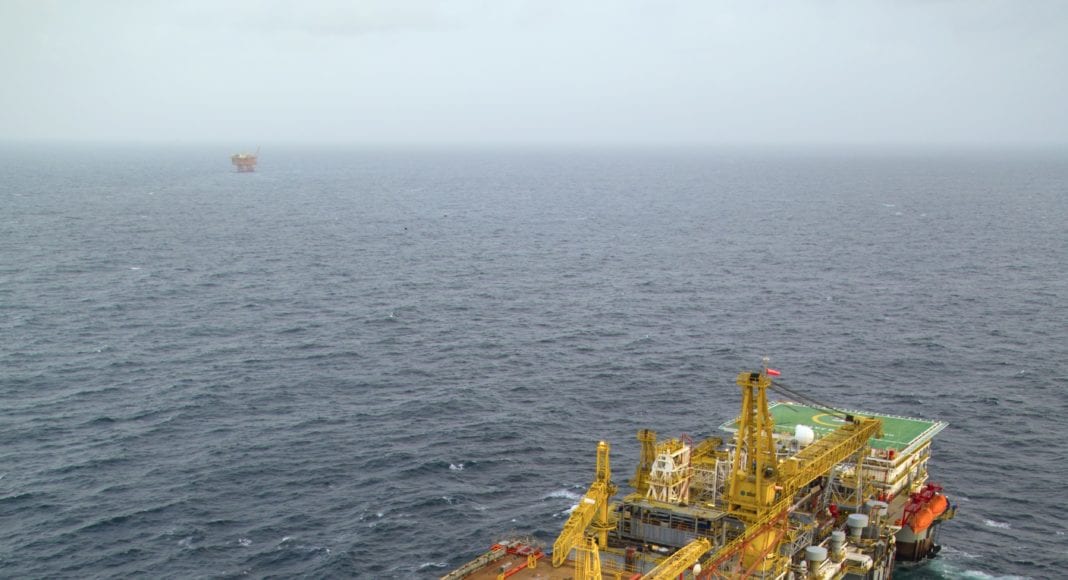While trading at Brent futures does not necessarily provide insulation from the oil price volatility gripping the global industry at present, it puts producers in this class in a better position to rally as storage space for crude continues to disappear.
Speaking last week following the historic collapse of US West Texas Intermediate (WTI) futures, Trinidad and Tobago Minister of Energy and Energy Affairs Franklin Khan said the US oil price collapse is concerning for producers around the world, although those trading at Brent futures can better withstand storage woes.
In a telephone interview on April 20 with Trinidad and Tobago’s Newsday, Khan said while WTI futures went into free fall, “It is not as totally disastrous as if we were pegged to WTI,” referring to the island nation’s oil production.
He explained, “In TT’s case, we export two types of crude – Paria, and Galeota mix, which is BP and Perenco.” Both of these crudes are referenced (priced) to Brent crude oil – the international benchmark for about two-thirds of the world’s oil. “Brent has remained fairly okay at around US$25, US$26 per barrel. We are pegged to Brent either with a premium or a discount. In (international) markets it will be Brent plus a discount,” he was quoted as saying.
While Brent futures has declined since then – trading today at around $21.44 – Khan was quoted in LoopTT as saying, “Trinidad and Tobago, however, is lucky if I should use that word, that our crude is what you call water-based crude, which means it can be exported to any part of the world by ship. Hence the reason, our price is pegged to Brent. We have two types of crude here, which is Heritage crude and BP crude, both of them are pegged to Brent.”
The twin island’s former Energy Minister Kevin Ramnarine, referencing the US oil price collapse, told OilNOW last week: “what we are seeing here is mainly a United States oil market phenomenon…That does not mean that things are okay elsewhere.”
He reminded that the United States is the world’s largest producer of crude oil and WTI price, “is a creature of the United States oil market.”
He noted that most if not all the oil sold in T&T is sold based on Brent and that the same applies to the Liza crude produced by the ExxonMobil-led consortium in Guyana.
Energy expert, author and consultant, Robert McNally had told OilNOW that extreme price volatility is a key feature of the oil industry but “when the price of oil collapses, don’t panic, don’t rip up the contracts, don’t assume you are being fleeced.”
Guyana first began producing oil in late December with ExxonMobil shipping the first one million barrels of crude from the Floating Production and Storage Vessel—the Liza Destiny—in January last.



